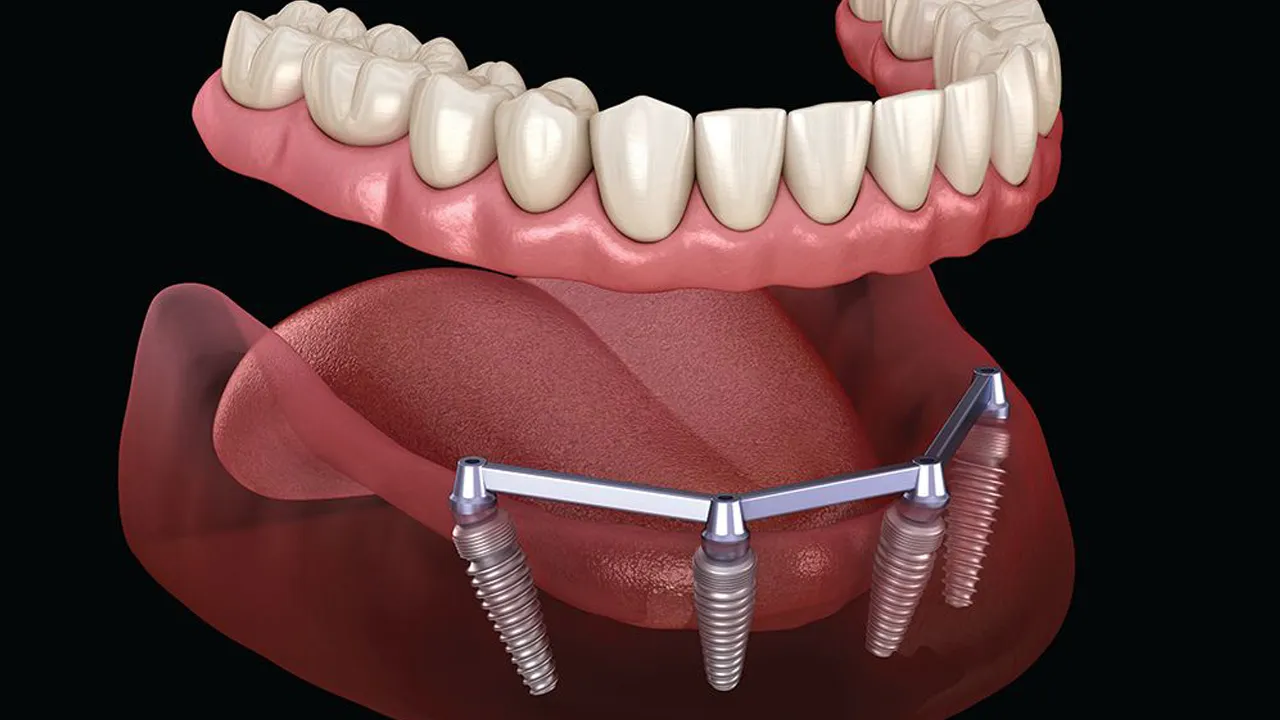
Losing teeth impacts daily life. Chewing becomes difficult. Speaking can change. Traditional dentures sometimes slip. An overdenture offers a stable solution. It combines dentures with implants. This provides much greater security.
Combines Dentures with Implants
An overdenture is a removable prosthesis. It fits over existing structures. These structures are often dental implants. Sometimes, natural teeth are used. These provide essential support. The denture snaps onto them. This creates a secure fit.
A Stable Solution for Missing Teeth
Traditional dentures rely on suction. They can feel loose. Food particles get trapped. Speaking can be a challenge. Overdentures solve these problems. The implants hold the denture firmly. This stability is a huge advantage. Patients feel more confident.
Who Benefits from an Overdenture?
Many people are candidates. Those missing all their teeth can benefit. Individuals struggling with traditional dentures are ideal. Patients seeking better stability are good fits. People with some remaining healthy teeth may also qualify. Bone health is a key factor.
Struggling with Traditional Dentures
Loose dentures cause discomfort. They can rub and create sores. Eating favorite foods becomes hard. Denture adhesives are often needed. These provide temporary relief. Overdentures eliminate these issues. They offer a much more comfortable experience.
Improved Chewing Efficiency
Chewing is significantly better. Implants transfer bite force. This feels more natural. Patients can enjoy more foods. A wider diet improves nutrition. Digestion also benefits from proper chewing. This enhances overall health.
Enhanced Speech Clarity
Loose dentures can affect speech. They might click or shift. This causes slurring or whistling sounds. Overdentures stay firmly in place. This allows for clearer pronunciation. Patients speak with greater confidence. Social interactions improve greatly.
Preserving Jawbone Structure
When teeth are lost, bone shrinks. This is called bone resorption. Traditional dentures do not prevent this. Dental implants stimulate the bone. They act like natural tooth roots. This helps preserve jawbone density. It maintains facial structure.
Types of Overdenture Attachments
Several attachment types exist. Ball attachments use a ball-shaped connector. Bar attachments use a metal bar. The denture clips onto this bar. Locator attachments are very popular. They offer good retention. Your dentist chooses the best type.
The Overdenture Procedure
It starts with an evaluation. X-rays and scans assess bone. Implants are surgically placed. This requires healing time. The bone fuses with implants. This is called osseointegration. Finally, the denture is fabricated. It snaps onto the implants.
Osseointegration is Crucial
This process takes several months. The bone grows around the implant. It creates a very strong bond. This stability is vital. It allows the implant to support chewing forces. Patience during this phase is key.
Maintaining Your Overdenture
Daily cleaning is essential. Remove the denture nightly. Clean it with a soft brush. Implants also need care. Brush around them gently. Regular dental check-ups are important. Professional cleanings help maintain health.
Cost Considerations
Overdentures are an investment. They are generally more expensive than traditional dentures. Implant surgery adds to the cost. Long-term benefits often outweigh this. They save money on adhesives. They offer better quality of life.
Comparison to All-on-4
All-on-4 is another implant solution. It’s a fixed hybrid denture. It cannot be removed by the patient. Overdentures are removable for cleaning. Both offer good stability. The choice depends on patient needs. Discuss options with your dentist.
Potential Complications
Like any procedure, risks exist. Infection at the implant site is possible. Implant failure can occur. Nerve damage is rare. Proper planning minimizes these risks. Follow post-operative instructions carefully.
Improved Self-Confidence
A secure smile boosts confidence. Patients feel better about their appearance. They worry less about their denture slipping. This greatly enhances social interactions. It improves overall quality of life. Self-esteem sees a significant rise.
Eating a Wider Variety of Foods
Many foods become enjoyable again. Chewy meats are easier to manage. Crunchy vegetables can be eaten. This provides better nutrition. It also adds joy back to meals. The freedom to eat what you like is priceless.
Long-Term Durability
Overdentures can last many years. The implants are typically very durable. The denture itself may need adjustments. Relining or replacement might be needed. Proper care ensures longevity. Regular maintenance is vital.
Candidates with Existing Teeth
Sometimes, natural teeth can support an overdenture. These teeth must be healthy. They are often modified. This provides anchors for the denture. This option saves money on implants. It preserves natural tooth structure.
The Role of a Prosthodontist
A prosthodontist specializes in this. They focus on tooth replacement. They have extensive training. They design and fit overdentures. Their expertise ensures optimal results. Seek a qualified professional.
Advantages Over Traditional Dentures
No more embarrassing slips. No sticky adhesives needed. Better chewing ability. Clearer speech. Preserves jawbone. Feels more natural. Overall, a superior solution.
The Patient Experience
Patients often report high satisfaction. The stability is transformative. They feel more like themselves. The comfort level is significantly higher. It’s a life-changing improvement for many.
Future of Overdentures
Research continues to advance. Materials are getting better. Techniques are more refined. Overdentures will likely become even more accessible. They offer a reliable solution.
An overdenture provides stable tooth replacement by combining removable dentures with dental implants, significantly improving comfort, chewing, and confidence for many patients.
